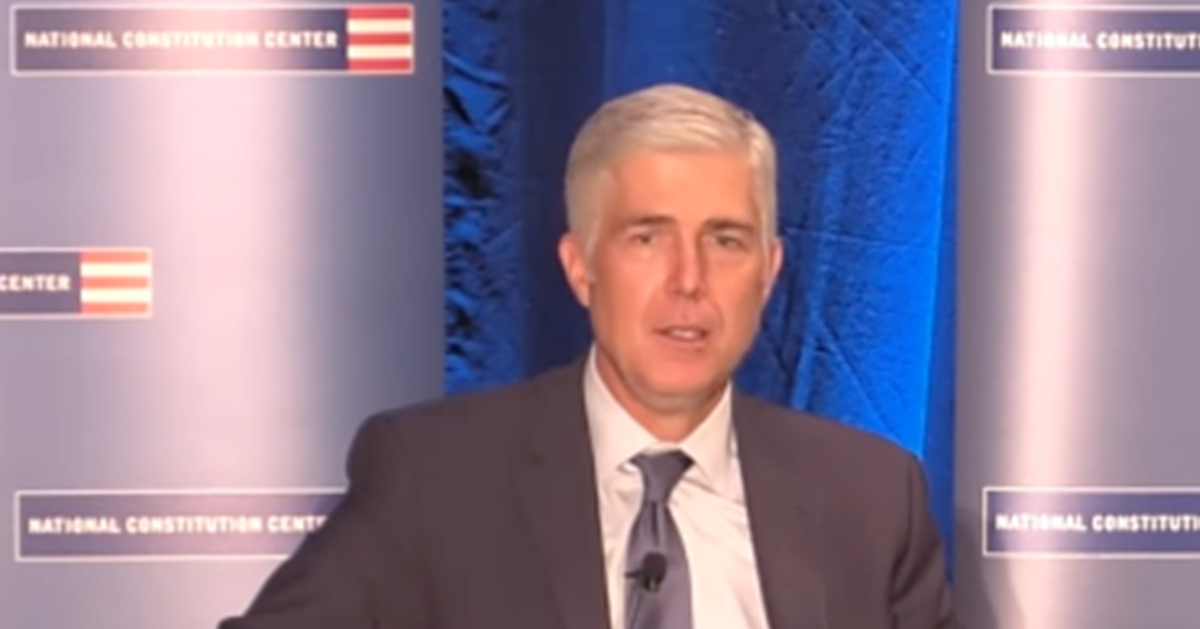16 States Sue Biden Admin Over 'Parole in Place' Amnesty
In a significant legal move, a coalition of Republican-led states has filed a lawsuit challenging President Joe Biden's "Parole in Place" amnesty plan.
The lawsuit, which was initiated by Texas Attorney General Ken Paxton, targets the Biden administration's executive action aimed at providing legal status to approximately 500,000 migrants currently residing in the United States illegally, as Breitbart reports, and it alleges that the president's actions violate the U.S. Constitution by overstepping the boundaries of the parole system, which was not intended for such widespread application.
The controversy stems from Biden's June announcement of the "Parole in Place" program, which followed significant lobbying efforts by the pro-immigration group FWD.us.
This program, often referred to as the D-3 amnesty, seeks to grant legal status to hundreds of thousands of migrants who are potentially eligible for college jobs in the United States. Critics argue that this move not only circumvents congressional authority but also encourages further illegal immigration.
Legal Challenge Cites Constitutional Violations
Paxton, one of the leading figures in the lawsuit, has been a vocal critic of the Biden administration's immigration policies.
The Texas AG accused the federal government of failing to uphold the country's border laws, asserting that the administration's actions are turning the U.S. into a "nation without borders." He vowed to use all available legal means to prevent this outcome.
Joining Paxton in the lawsuit is Stephen Miller, a former senior advisor to President Donald Trump and now a leader at the America First Legal advocacy group.
Miller's organization is co-sponsoring the lawsuit alongside 16 state attorneys general. He argues that the executive amnesty unlawfully grants over one million migrants legal status, work permits, and a potential path to U.S. citizenship. He described the amnesty as "a deadly accelerant" to what he termed as a border invasion.
Mayorkas’ Role in Expediting Amnesty
The lawsuit also takes aim at Alejandro Mayorkas, Biden's pro-migration Homeland Security chief, who has been instrumental in expediting the amnesty process. Mayorkas has reportedly used ambiguities within the parole law to facilitate the entry of over a million migrants since 2022, raising concerns about the potential for fraud within the system.
The "Keeping Families Together" program has already seen quick approvals, as illustrated by a report from Aug. 21 about an individual named Cecilia. Under this program, Cecilia has already applied for her work permit and intends to seek lawful permanent residence status as soon as she becomes eligible.
Amnesty Tied to Broader Social Impacts
The broader social implications of the amnesty program have also sparked debate. NBC News highlighted the case of Rodrigo de la Rosa, who stands to benefit significantly from the new policy.
According to the report, de la Rosa would gain the ability to travel internationally and fulfill his dream of having a "fancy, Jalisco-style wedding" in Mexico, thanks to the legal status provided by the amnesty.
Pro-immigration groups, including FWD.us, have lauded the amnesty for its potential to influence voter demographics in the United States. They argue that the program could help integrate migrants into American society more fully, offering them opportunities for education and employment that were previously out of reach.
Lawsuit Challenges DHS Authority
However, the Republican-led lawsuit contends that the Department of Homeland Security (DHS) has overstepped its legal authority. The plaintiffs argue that DHS’s actions violate the parole limitations set forth by 8 U.S.C. § 1182(d)(5), which restricts the use of parole to specific, individualized cases rather than broad, en masse applications.
The lawsuit asserts that by using the parole system in this manner, the Biden administration is bypassing the legislative process and undermining the rule of law.
Critics claim that the media has largely focused on the benefits of the amnesty for migrants while downplaying or ignoring the potential negative impacts on American citizens, such as increased competition for jobs and resources.
Conclusion
The lawsuit against President Joe Biden's "Parole in Place" amnesty underscores the deep divisions in the United States over immigration policy.
The Republican-led states argue that the executive action is a blatant overreach of presidential power, with potentially far-reaching consequences for the country's immigration system.
As the legal battle unfolds, the outcome could have significant implications for both the future of immigration reform and the balance of power between the executive and legislative branches of government.



